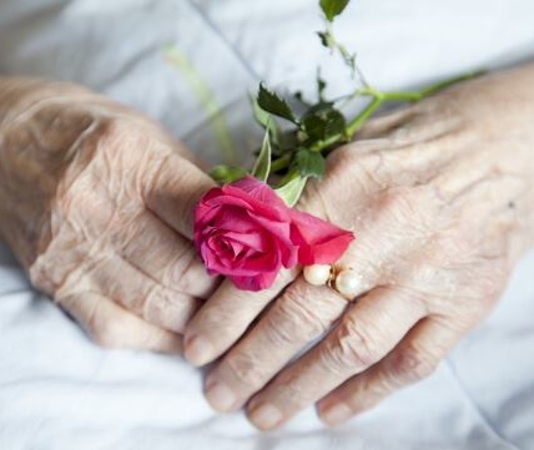When you or a loved one is diagnosed with Alzheimer’s disease or another form of dementia, there are many changes to make and plan for with this progressive illness. While the individual and their immediate family will be the most impacted by making care decisions, there is also a need to communicate with others about what to expect.
Why Share Your Diagnosis?
An illness may feel like a private matter that you don’t want to share with others out of concern for privacy or just a preference not to burden others. The fact is that everyone is going to have a different reaction to this news and you cannot control how they react.
First, it’s up to you and your closest family as to who will be told about this diagnosis. This is not the time for a social media blast to everyone in your circle, but instead it is a careful assessment of who needs to know, why they should know, and how they should be informed. Are you telling people because you will be moving? Are you telling them because you want to create a caregiving group? Are you reaching out for advice and help?
There is the potential to strengthen some relationships in sharing this news, while others may temporarily or permanently disappear from contact due to feeling overwhelmed by such life-altering news.
It can be beneficial to you and those you love and care about to know about the Alzheimer’s disease diagnosis as soon as possible to establish support. A spouse may benefit from the support of friends and family as they step up their caregiving role too. Letting others become part of your new situation may help everyone come to terms with the changes that occur throughout the various stages of Alzheimer’s disease.
How to Share the News
Many people will respond to this news with denial, while others might be full of their own knowledge and offers to be supportive. Take it slow and allow them the opportunity to have their own feelings, just as you did when you first learned of this diagnosis.
- Before sharing your diagnosis, it’s helpful to think first how you want people to react and how you will handle their reactions—even those you don’t desire.
- Whether sharing this health update in person or online, you can give the other person some third-party literature from a trusted medical source on this topic so they can take time later to read it and learn more. The Mayo Clinic is one resource and so is the Alzheimer’s Association for more information about this disease.
- Know your audience so that you have different messages for young children vs. adults who you may be asking for help from with caregiving duties.
- Remind them that you are still you, even if you are going to go through some irreversible changes beyond your control, and you want them in your life.
As you are vulnerable and in unfamiliar territory yourself when talking about Alzheimer’s disease in your life, recognize that so are those you have relationships with as the dynamics may change between you.
If you are in need additional resources about dementia care, visit our care tips here.





